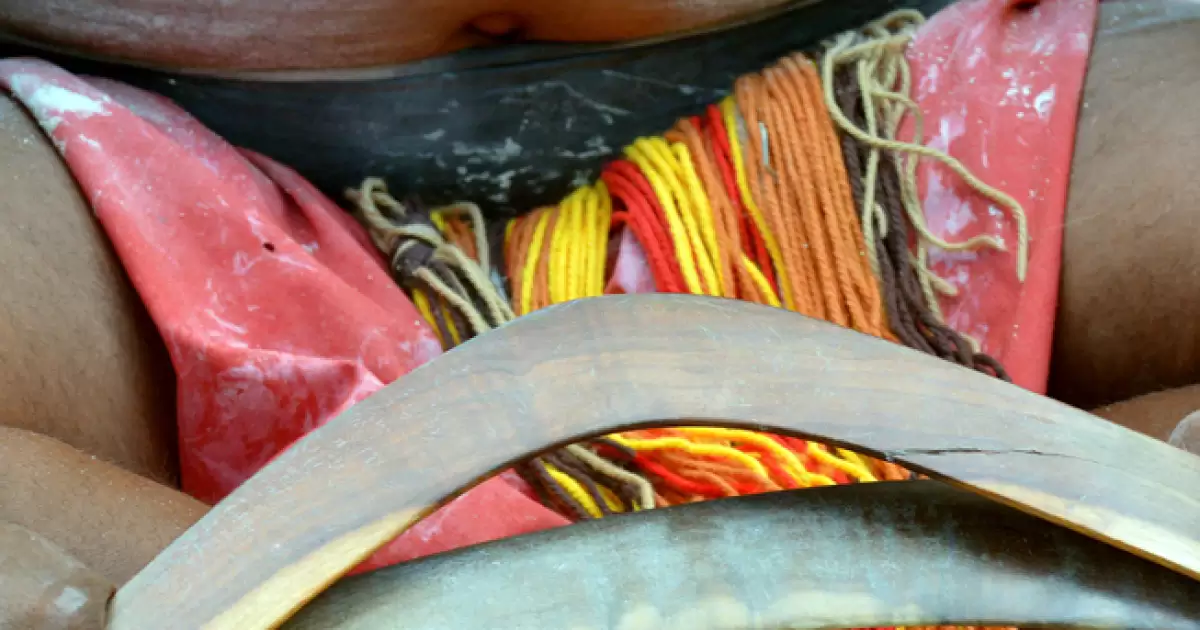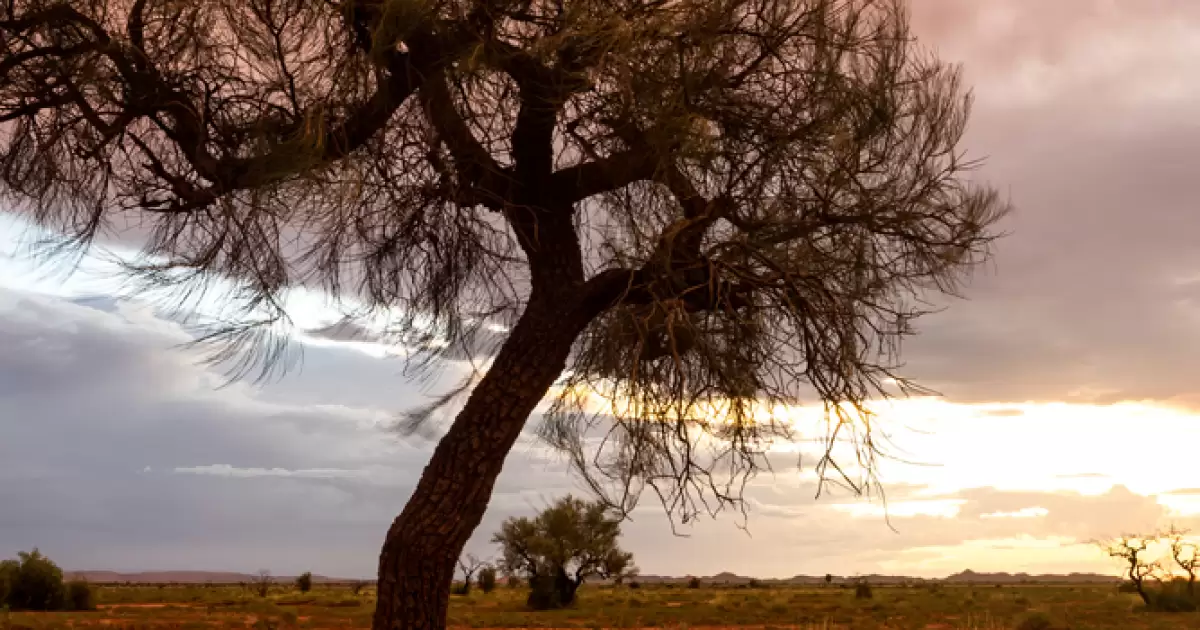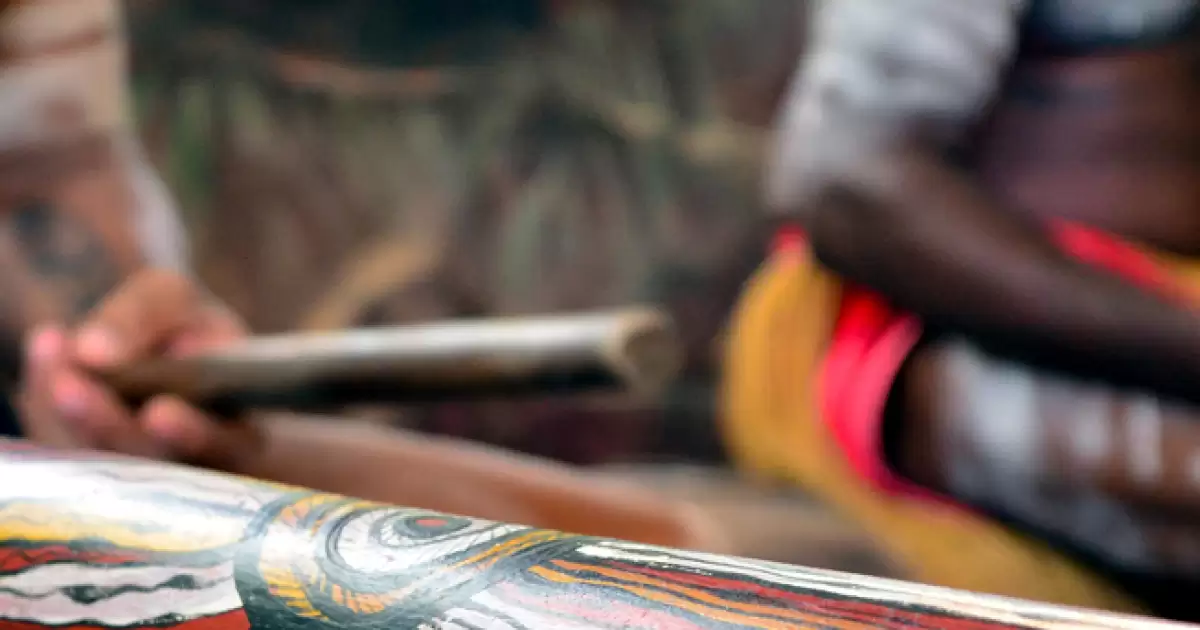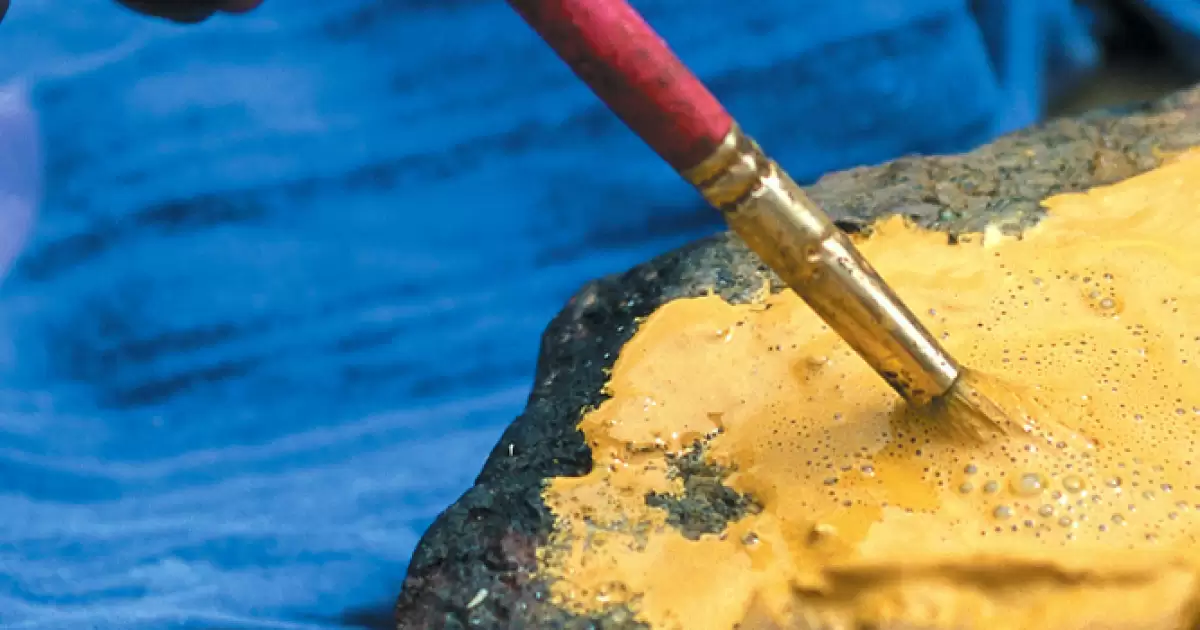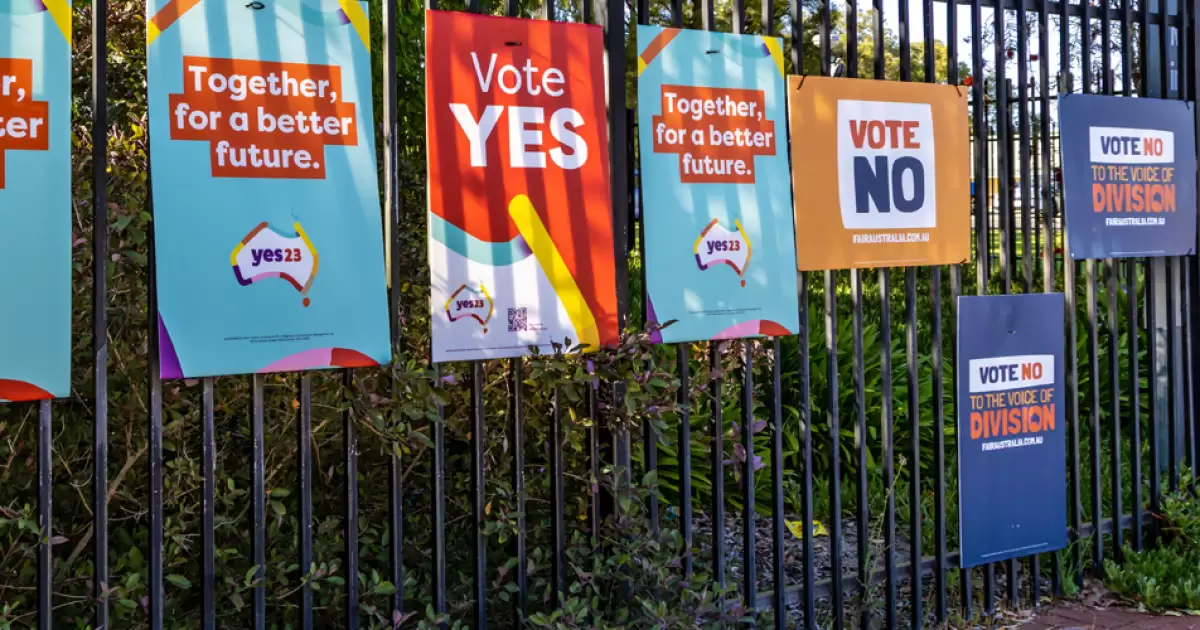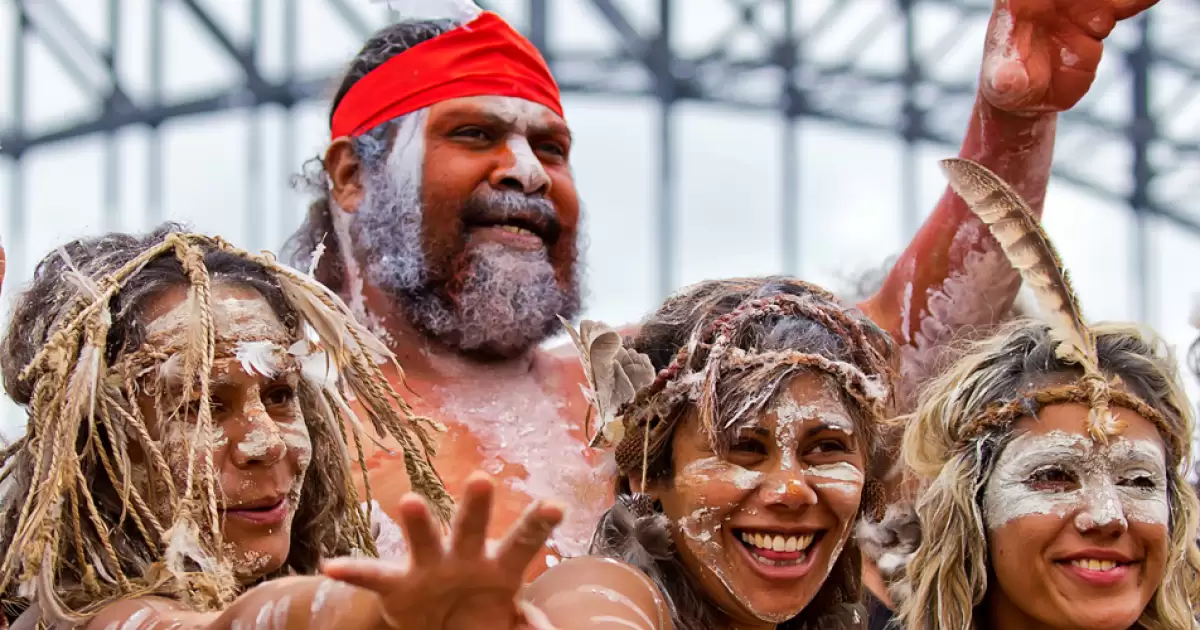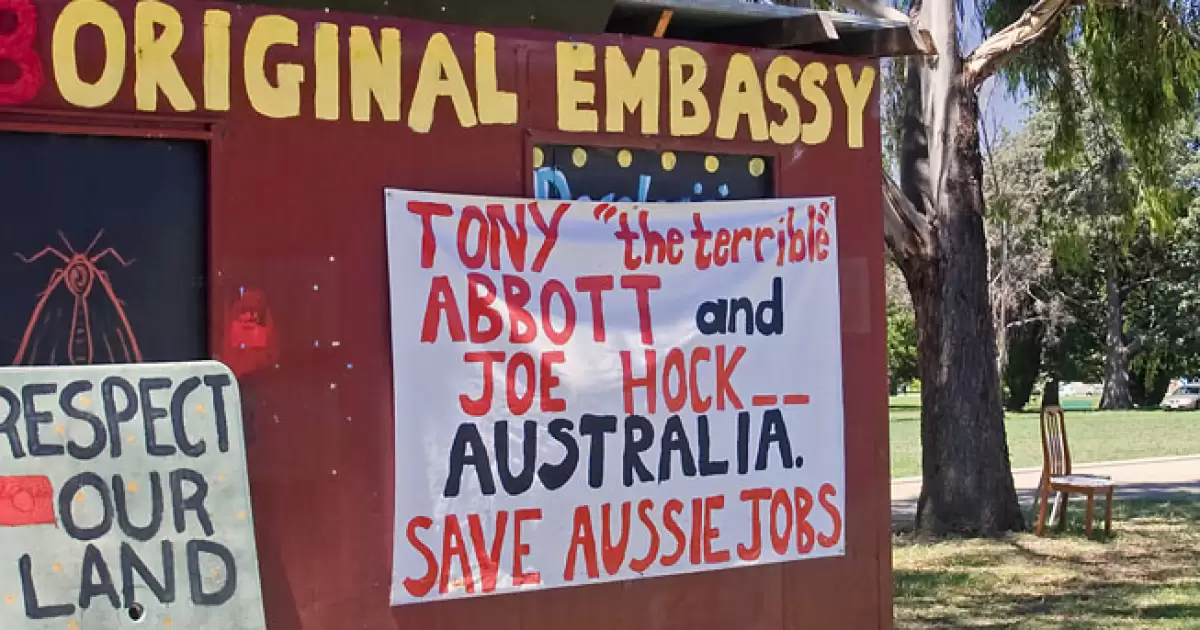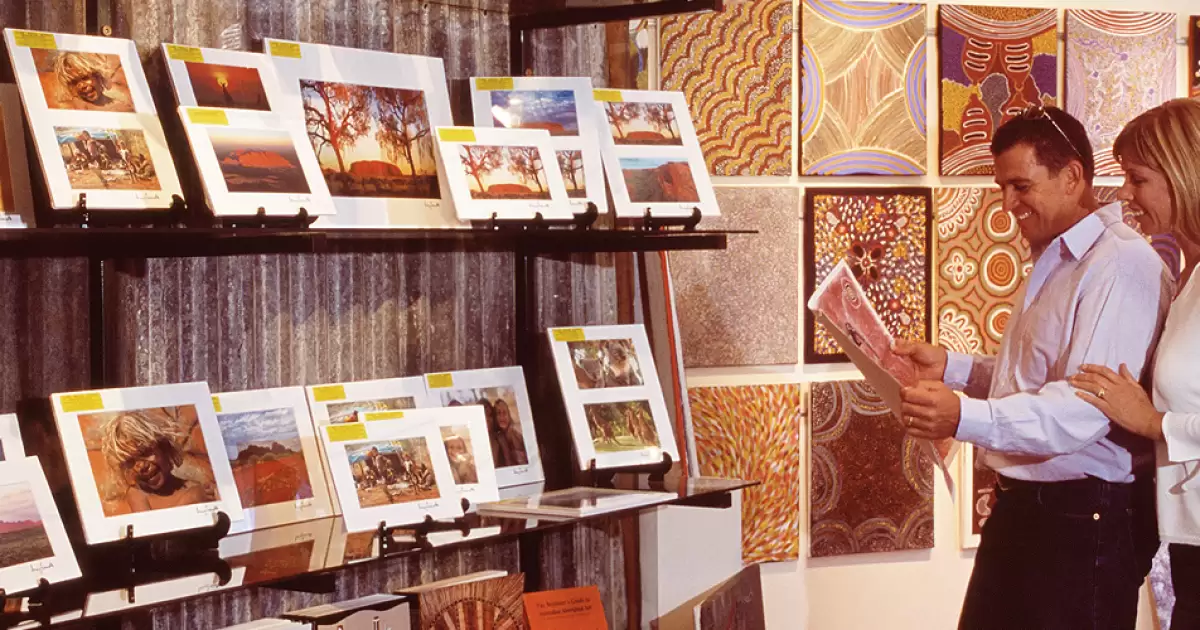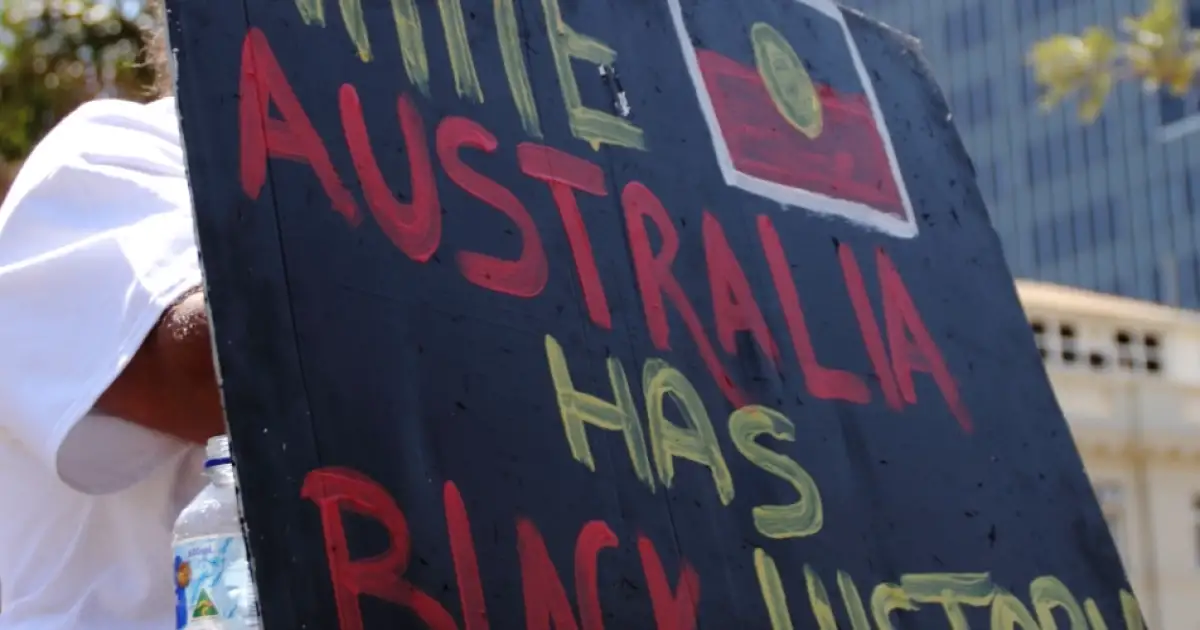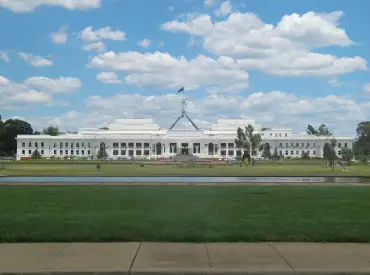Truth-telling is essential to understanding and reconciling Australia's history. It sheds light on the colonial conflicts and dispossessions faced by Aboriginal and Torres Strait Islander peoples, while also celebrating their resilience and contributions. For a just and reconciled Australia, acknowledging these truths is crucial.
Community Truth-Telling Pathways
Reconciliation Australia champions various community-led initiatives to promote truth-telling. These pathways empower local communities to address historical silences, commemorate significant events, and recognize the enduring strength of Aboriginal and Torres Strait Islander cultures through diverse activities such as memorials and public art.
Current Truth-Telling Initiatives
Without a national framework, truth-telling processes are taking shape at state levels. The Yoorook Justice Commission in Victoria, for instance, is a leading example, holding hearings to document the injustices faced by First Peoples. This initiative has led to significant actions, including public apologies and policy recommendations.
Acknowledging Aboriginal and Torres Strait Islander History
Truth-telling is vital in acknowledging the complex history and contributions of Aboriginal and Torres Strait Islander peoples. By addressing past wrongs and celebrating cultural strengths, truth-telling fosters healing and unity. It is a fundamental component of reconciliation, emphasizing historical acceptance and justice.
The Role of Truth-Telling in Reconciliation
Truth-telling is a cornerstone of reconciliation efforts, aiming to strengthen relationships between Indigenous and non-Indigenous Australians. Initiatives like the Uluru Statement from the Heart emphasize the importance of truth in establishing a fair and equitable society. Reconciliation Australia continues to advocate for truth-telling as a means to achieve nationwide understanding and peace.

